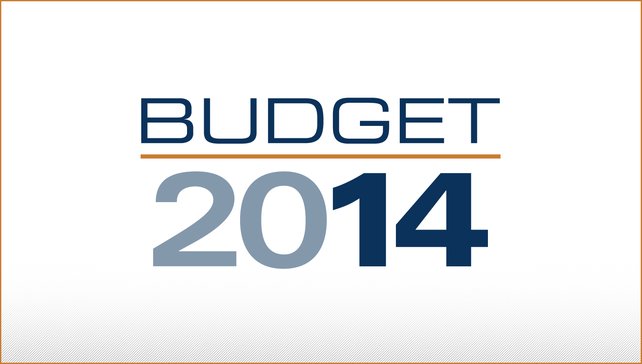2014 Budget, Real Estate And The Home Owner
The 2014 budget is out and the speculation is finally over! Here are a few key takeaways for you as a home owner, or if you are planning to buy your first home.

The2014 budget is out and the speculation is finally over! How does it affect 'you', the homeowner? Will it make your first home more affordable or more expensive? Are your EMIs going up or down? Does the budget help the real estate sector, and therefore indirectly benefit the prospective homeowner? The good news is that the 2014 budget has emphasized the real estate sector, eased norms and thresholds for FDI in real estate and encourages home buyers to invest in real estate by easing key tax limits.
Here are a few keytakeaways for you as a home owner, or if you are planning to buy your first home.

Onthe personal front…
The 2014 budget raised the deduction on homeloan interest under Section 24 from Rs 1.5 lakh to Rs 2 lakh. Also, the total deduction allowed for interest payments under Section80C has been raised by Rs.50,000, i.e. from Rs. 1 Lakh to Rs. 1.5 Lakhs but isapplicable only to self occupied properties. The raising of these two limits by Rs. 50,000 each is anincentive to home buyers, putting more money in their pockets. Couples planningto buy a home can take double advantage of these benefits by buying property jointly,which would mean taking a joint home loan, jointly paying the down payment andEMI payments. The tax benefits coupled with the availibility of better real estate options at more competitive price points due to the broader incentives for the real estate sector will benefit the homeowner and the industry, both.

Thebroader scenario…
The2014 Budget provides a slew of measures to encourage the expansion of the realestate sector in an organized manner. There is an allocation of Rs. 7,060 crorefor the development of a 100 smart cities, redevelopment of satellite towns ofmajor cities and of small cities. This coupled with the tax pass through norms for REITs (Real estate investment trusts) clarifying that there will be no double taxation, will bring a much needed cash infusion to a sector that is starved of funding.
There is also a reduction in the real estateproject size required to be eligible for FDI (foreign direct investment) from50,000 sq meters to 20,000 sq meters, and a reduction in minimum investmentlimit to $ 5 million. The result of this measure will be the easing of fundingfor small and medium scale residential projects giving the prospective homeownerbetter and varied choices. Relaxing FDI norms for real estate will lead toincreased availability and options in the low cost affordable residential segment and encourage good quality small and medium scale developers to expand their businesses.
Increased funding should go a long way in improving and organizing the real estate industry while the redevelopment of towns and new cities will boost the economy. Onthe whole the budget of 2014 is a good move in the direction of providinghousing for all, a self professed goal of the current government.